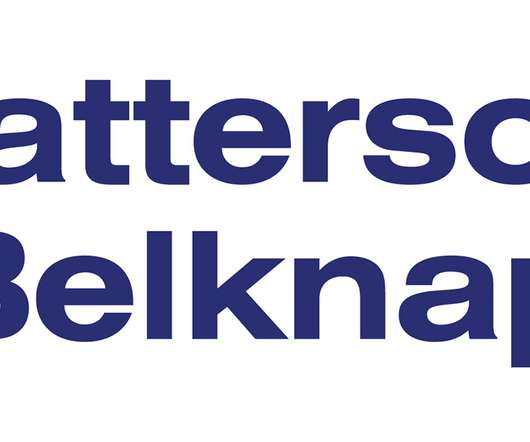As Chapter 11 Bankruptcy Filings Surge, Here’s What Creditors Need to Know to Protect and Enforce Their Rights
Fraser
JUNE 25, 2020
It should come as no surprise, therefore, that the economic downturn has led to a surge in corporate bankruptcy filings. According to data from Epiq Global, 722 companies sought bankruptcy protection around the U.S. For creditors to maximize their recoveries, they must stay informed and take action during a bankruptcy proceeding.












Let's personalize your content